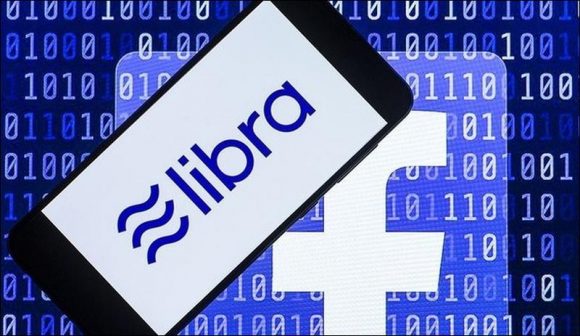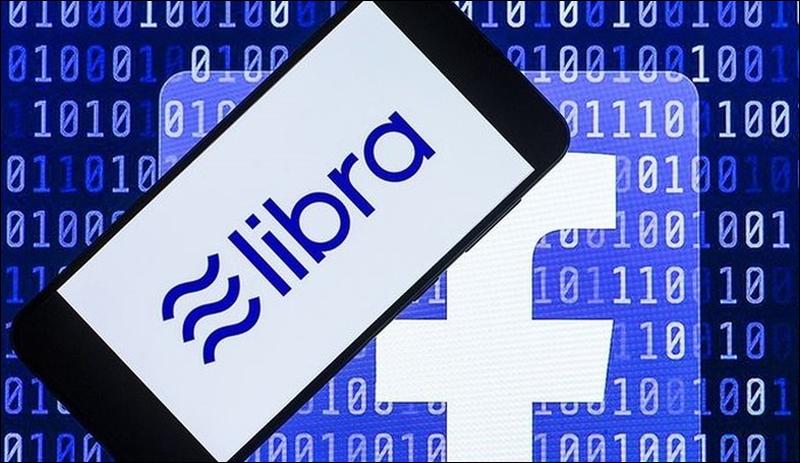France and Germany’s agreement to prevent the use of Facebook’s Libra in Europe have raised concerns and concerns about the crypto currency.
The German and French Finance Ministries announced on September 13 that they agreed to prevent the use of Facebook’s crypto currency Libra in Europe. “No private organization can claim the monetary power that belongs to the sovereignty of nations, the statement said.
At the beginning of the year, Facebook announced the crypto currency Libra. Coinbase, Mastercard, Visa, eBay, PayPal, Stripe, Spotify, Uber, Lyft, and Vodafone’s 27 supporters on the way to create crypto currency, Facebook, then began to lose the support of some partners. Facebook, the Libra-based “Libra Union” in Switzerland, while establishing Libra is planning to manage independently.
Central Banks and G7 countries
While many central banks were examining the consequences of the implementation of Facebook’s Libra on regulatory, tax, monetary policy and payments, the G7 Group had formed a task group within the G7 to examine how it could regulate crypto currencies such as Libra.
Facebook defends itself against concerns that Libra threatens countries ‘control of the central banks’ money supply, experts say it is too early to assess the concrete effects of Libra.
What is Libra?
While Libra is translated into Turkish as a “scale,, it is also a weight unit (lb) used in Rome. Facebook argues that the crypto currency will be a “global currency and financial infrastructure system..
Technically, Libra is described as a digital entity powered by Facebook, a block-chain version of the cryptographic technology used by bitcoin and other crypto currencies.
Libra and developing countries
The Institute for Economic Research (Ifo), one of Germany’s leading economics and think-tanks, is an expert. Dr. Marcel Thum, AA correspondent, said that Facebook has established Libra for two reasons. In order to create a crypto currency, Thum emphasized the importance of the organization to reach a large number of potential users and said: “Facebook and Libra supporters have these connections. Therefore, joining forces increases the number of potential customers and the reliability of the project. Libra may not be of great benefit in industrialized countries with well-established banking systems and widely used credit cards. In developed countries, Libra (especially for international transfers) can benefit consumers and encourage participation in the financial system.”
<
h3>Germany and France’s reaction
Thum reminded that in developed countries, the banking sector is regulated and supervised against crises, “It is not yet clear whether Libra will undermine these regulations by helping to create shadow banking. Therefore, regulatory and supervisory agencies should monitor what services will come with Libra.” found.
Marcel Thum said that Germany and France overreacted against the Libra. he said: “Innovation in no way is a new threat to national sovereignty. However, these institutions need good regulation. Since we do not know what kind of services Libra will provide, it is unpredictable what kind of future it will have.”
In Norway, “Yes to Cash” campaign founder Hans Christian Faerden said that everything that is digital can be followed, “I never want to be owned by someone. It can be in person, it can be in the corporate company. It’s okay if I choose Facebook’s service.”
“If we give all the data that belongs to us to the big companies, we’re all right. We don’t have a private life.” “The other problem is how do we teach our children the value of money if money is not physical?” he said.
Faerden, the Norwegian government’s plan for the abolition of the cash system completely against the “Yes to Cash” campaign, said they were successful in launching, said the use of cash will continue.
Views: 386





